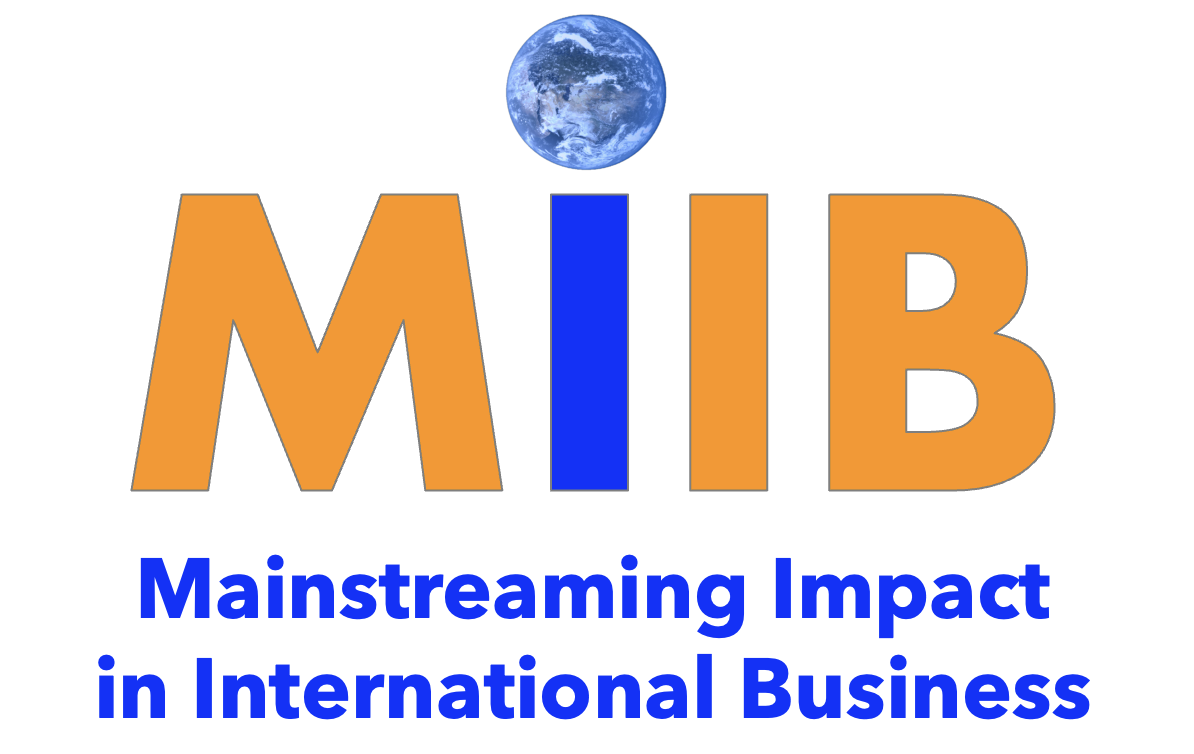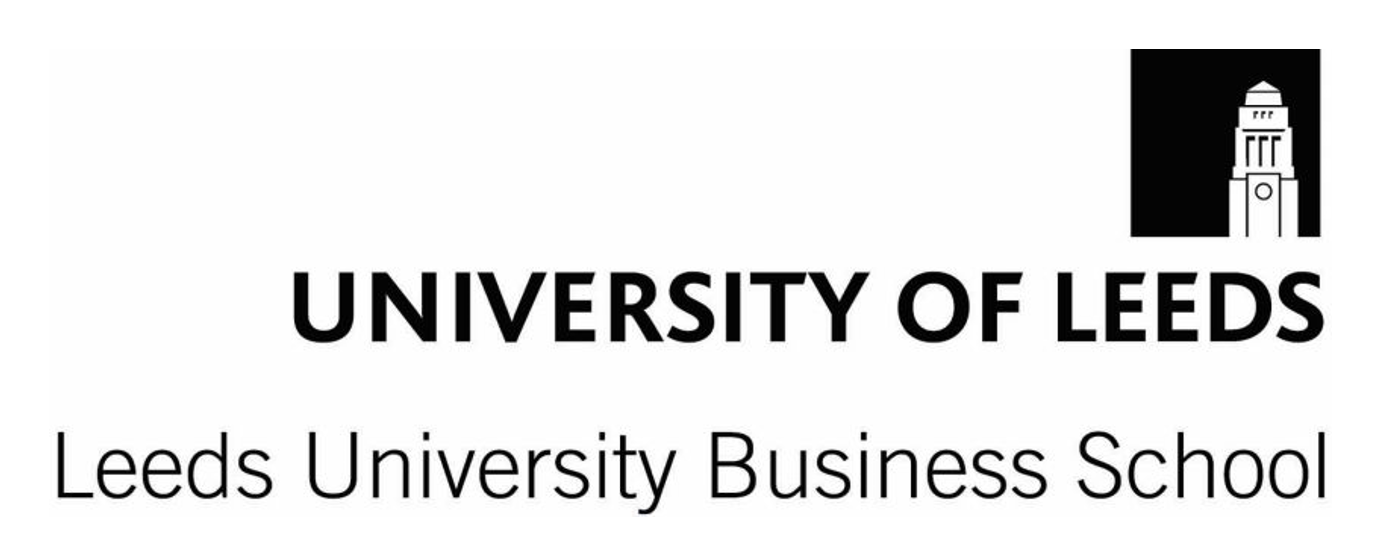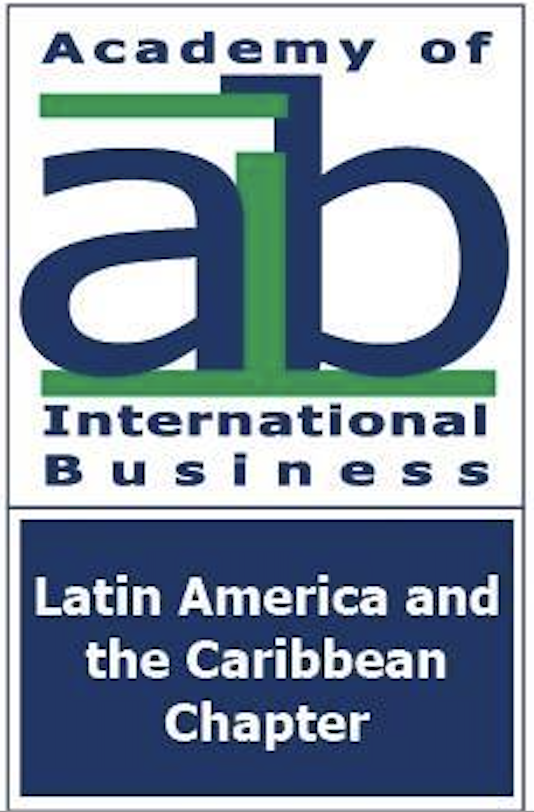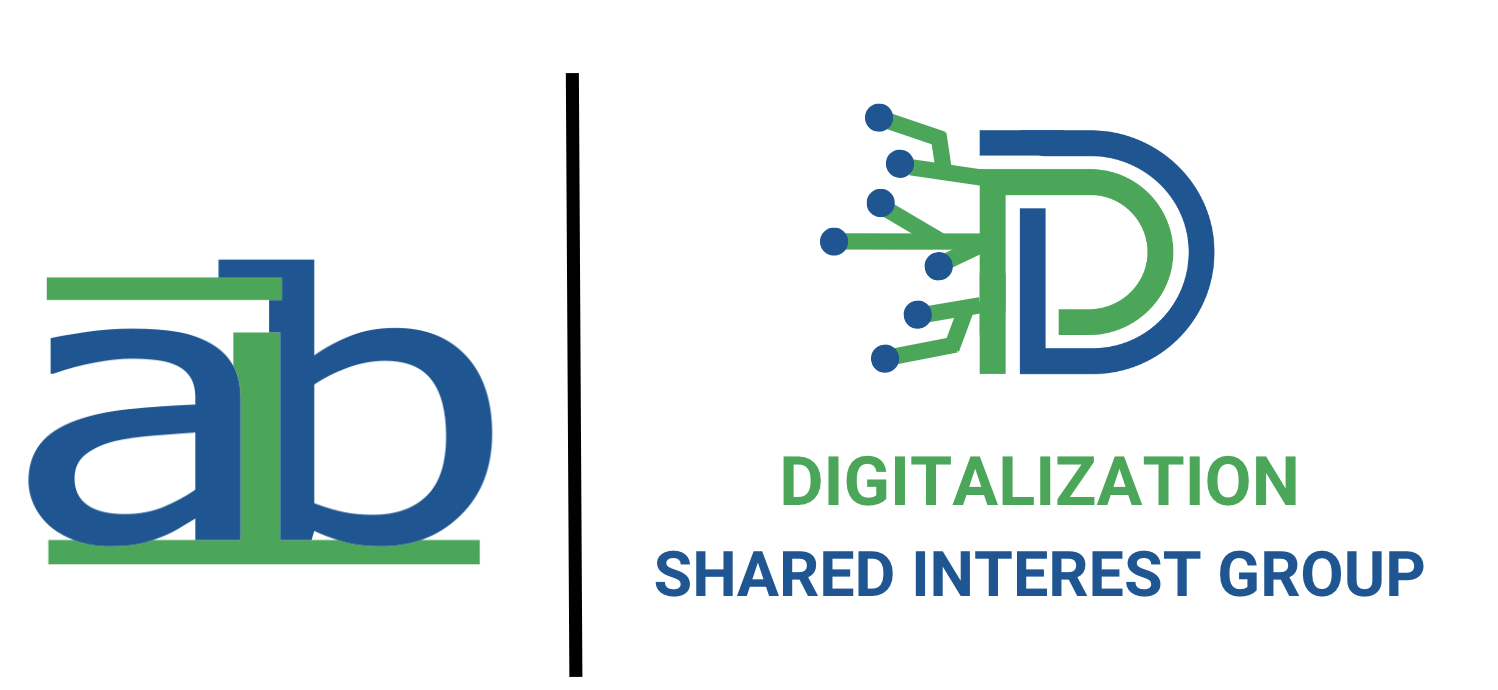Sustainable International Business
Global Poster Competition 2024
Awards announcement - winners and runners-up, congratulations!
See announcement details here.
2024 Submission Deadline: 1 June 2024 (by 23:59 participant' local time zone)
2024 Competition Submission link is closed.
2025 Competition Submission link will open soon (please come back for update).
Learning and teaching resources (including examples of posters and poster component guide) available 👇
Questions about the Competition: email here
Questions about the Competition: email here
Aim. The Sustainable International Business Poster Competition (“The Competition” thereafter) aims to address the world’s critical sustainability challenges by pooling resources of engaged International Business scholarship in research and teaching to help organisations engaged with international business activities to add (net positive) value to society.
- Empower Students. The Competition provides a means to empower and energise students around the world to help business organisations (multinational enterprises, importers, exporters, and born globals) to become sustainable by creating organisation-specific proposals for transformation in the format of research-and-solution oriented posters.
- Empower Educators. The Competition, by building a community of practice, supports engaged scholars to explore ways to integrate responsible (international) business principles, such as Sustainable Value Creation, Inclusive Growth, Human Development, and addressing wicked systemic problems, into existing curricula.
- Empower Businesses. The Competition will engage business stakeholders through a partnership with academia, where members of the partnership can contribute to and draw on the (big data) insights from the posters and a pool of co-created resources for sustainable business
⭐️⭐️⭐️⭐️⭐️ The Awards ⭐️⭐️⭐️⭐️⭐️
Awards shall be given in each of the following seven categories:
Global ‘Decade of Action’ Sustainable Development Award
Best Sustainable Strategy Award
Best Sustainable Business Model Award
Best Sustainability Analytics Award
Best Sustainability Partnership Award
Best Visualisation for Sustainability Award
Best Sustainable Technology Award
In each award category, there shall be a undergraduate group winner, a postgraduate group winner, and an MBA group winner.
Global ‘Decade of Action’ Sustainable Development Award
Best Sustainable Strategy Award
Best Sustainable Business Model Award
Best Sustainability Analytics Award
Best Sustainability Partnership Award
Best Visualisation for Sustainability Award
Best Sustainable Technology Award
In each award category, there shall be a undergraduate group winner, a postgraduate group winner, and an MBA group winner.
Eligibility
To be eligible for the Award, a submitted poster (“the Submission” thereafter) shall meet ALL following requirements:
- The Submission is an original work created and submitted by a student group (“the Group” thereafter).
- The Group is comprised of a minimum of two and a maximum of six participating students.
- All members of the Group are at the same study level*, namely a group comprised of only undergraduate students, a group of postgraduate students, or a group of MBA students.
- The Group makes only one submission to the Competition.
- The Submission is in English.
- The Submission is made by the announced deadline.
Poster components
A Sustainable International Business Poster is the presentation of an investigative project that answers this research question:
“What transformation should an international business organisation adopt in order to take effective action on the Sustainable Development Goals (SDGs)?”
The Poster may start by identifying the sustainable development challenge of the business activity, but should always base its analysis on a selected active international business (IB) organisation (e.g., a multinational enterprise, an exporter, an importer, a 'born global', or a component of the global value chain of a for-profit organisation), for which a recommendation formulated to support the business' transition to higher levels of sustainability should be given. The Poster must include all four components in Section A and at least one component from Section B, as outlined below.
Note: The bullet points in Sections A and B represent guiding principles that are expected to be seen in the Poster.
Note: The bullet points in Sections A and B represent guiding principles that are expected to be seen in the Poster.
Section A
1. Problem
- What is the SDG Problem or combination of interrelated SDG problems the IB organisation should address?
- Who is responsible for the SDG Problem (not) being solved?
- What is the current approach of the IB organisation towards the SDG Problem?
- To what extent can the problem be (re-)framed as a business opportunity?
- Is there a business case for addressing the SDG Problem?
- What Sustainability Analytics (data, analytical approach, and results) can be leveraged to support the arguments of the Poster?
- What data should the IB organisation collect and use to make informed decisions?
- What are the sources (literature, theories, empirical findings, reports, and databases) that the analyses in the Poster have relied on?
- What Visualisation can be used to communicate the key message of the Poster in an original and effective way?
- Is the advice for an IB organisation visualised in a persuasive manner?
Section B
5. Agency and governance
- What organisational logic defines the starting position of the organisation, i.e., is the organisation a public, private, or hybrid one?
- To what extent does this starting position influence the capabilities of the organisation to address the SDG Problem: what are the strengths and weaknesses of the organisation towards taking action towards the SDG Problem?
- Where in the (international) value chain can the organisation be positioned and to what extent does this influence the ‘room to manoeuvre’ for the organisation towards addressing the root causes of the SDG Problem?
- What Sustainable Strategy should the IB organisation adopt to effectively address the SDG Problem?
- How does the organisation deal with the gap between sustainable intentions and their realisation?
- Is the present value proposition supportive for this ambition and what should change?
- What actionable targets or leverage points for the year 2030 should the IB organisation prioritise to effectively address the SDG Problem?
- What are the key performance questions that the IB organisation needs to consider to enable change in a sustainable direction
- If any: what key performance/practice indicators can the organisation target in order to induce the biggest change?
- What Sustainable Technology (a specific technology, a technology portfolio, or a set of technological solutions) should the IB organisation rely on to implement its Sustainable Strategy?
- What are the opportunities and risks associated with adopting the Sustainable Technology?
- How should the innovation involving sustainable technology be organised: open and/or closed; inside the organisation, outside the organisation; with internal and external stakeholders?
- What combination of Sustainability Partnerships should the IB organisation develop?
- What partnership portfolio management decisions can the organisation take in order to increase the leverage of its partnerships and create a high ‘fit for purpose’
- What are the best ways to build these partnerships and maintain them?
- What is the Sustainable Business Model the IB organisation should embrace and what are the global (cross-country) and local (e.g., country, subnational-region, city, town, village) contexts in which this model can be implemented?
- How should the functional areas of management (e.g., marketing, supply chain, HRM, finance, innovation, communication) be aligned to enable a successful transformation?
- What evaluation should be conducted by the IB organisation to ensure the actionability of its Sustainable Business Model?
Learning and Teaching Resources:
To assist students in developing each component, a Component By Component Guide provides resources for educators and independent learners. A philosophy document provides additional guidance by elaborating four distinct pathways through which the poster research can be carried out. A Poster Template and many examples of posters on individual components are available here.
To assist students in developing each component, a Component By Component Guide provides resources for educators and independent learners. A philosophy document provides additional guidance by elaborating four distinct pathways through which the poster research can be carried out. A Poster Template and many examples of posters on individual components are available here.
The Competition Organising Committee members include the AIB UKI Community of Practice Taskforce, Dr Amelia U. Santos-Paulino from UN Trade and Development, and the founder and the competition coordinator of the Mainstreaming Impact in International Business (MIIB) Initiative.
The Awards Committee
Amelia U. Santos-Paulino, PhDChief of Investment Research, Investment & Enterprises at UN Trade and Development
|
Rob van TulderAIB Fellow, Professor of International Business-Society Management at Erasmus University
|
Ian McIntoshPro-Bono Strategic Advisor of the Nature Conservancy
|
Noemi SinkovicsProfessor of Sustainability and Responsible Business at University of Newcastle
|
Elizabeth Yi WangFounder of MIIB, Associate Professor of International Business at University of Leeds
|
Daojuan WangAssociate Professor of International Business and Investment at Aalborg University
|
The Nomination Committee
Every judge in this committee is an innovator and a pioneer in sustainability teaching and research. Their effective approach has helped to nurture new generation of change-makers in international business.
Every judge in this committee is an innovator and a pioneer in sustainability teaching and research. Their effective approach has helped to nurture new generation of change-makers in international business.
Stefan ZegelmeyerProfessor in Comparative and International Business at the University of Manchester
|
David SchulzmannVice-Chair of AIB Digitalization SIG, Lecturer in International Business, University of Leeds (UK)
|
Spyridon (Spiros) BatasExecutive Board Member of AIB UKI, Senior Lecturer in Entrepreneurship and Innovation at Queen Mary University of London
|
Theresa Onaji-BensonExecutive Board Member of AIB Africa, Associate Professor of Business Ethics and Corporate Social Responsibility at University of Bradford
|
|
Makafui Kwame Kumodzie-DusseyAssistant Professor in International Business at the University of Sussex, industry consultant for the International Chamber of Commerce
|
Amrita ManoharLecturer in International Business at the University of Leeds
|
Meet the Judges
Amelia U. Santos-Paulino, PhDChief of Investment Research, Investment & Enterprises at UN Trade and DevelopmentDr. Amelia U. Santos-Paulino currently serves as the Chief of the Investment Research Section at UN Trade and Development (UNCTAD) Investment and Enterprise Division and the Editor of the Transnational Corporations Journal. Before her current roles, she held various positions, including Research Fellow and Project Director at the United Nations University’s World Institute for Development Economics Research (UNU-WIDER) in Helsinki, and Research Fellow (tenure track) at the University of Sussex’s Institute of Development Studies. She was a Senior Research Economist at the Central Bank of the Dominican Republic and served as Senior Adviser for the negotiations of the US-DR-CAFTA Free Trade Agreement. Dr. Santos-Paulino has held visiting posts at institutions such as the University of California Davis, Geneva’s Graduate Institute, Fudan University, and the Asian Development Bank Institute in Tokyo. Her research has been published in journals including the Economic Journal, Cambridge Journal of Economics, and World Development, and has edited books published by Oxford University Press and Cambridge University Press. She holds a Ph.D. and MA degrees in Economics from the University of Kent in the UK.
|
Rob van TulderAIB Fellow, Professor of International Business-Society Management at Erasmus UniversityRob van Tulder, PhD is emeritus full Professor of International Business-Society Management at RSM Erasmus University Rotterdam. He is co-founder of the department of Business-Society Management, one of the leading departments in the world organizing research and education on the way business can create value for society. He advises international organizations, governments, multinational enterprises and international NGOs on issues of sustainability and strategy. He has been visiting professor at a large number of universities in both the global North and South. Consultant to a variety of international organizations (like UNCTAD, the IMF, and the European Commission), numerous multinational enterprises (like Philips, Unilever, DSM, Rabobank, Safaricom, Jolibee, Heineken, Robeco), non-governmental organisations (like WWF, Oxfam, Friends of the Earth) and ministries around the world. His academic work has appeared in journals like California Management Review, Journal of International Business Studies, Journal of International Business Policy, Research Policy, Journal of Management Studies, Journal of Business Ethics, Journal of World Business, World Development, Transnational Corporations, European Management Journal. For which he received many accolades, such as the membership of the Academia Europea, the Gunnar Myrdal award for heterodox economics, the Lifetime Achievement Award of CSSI. His latest books include: Principles of Sustainable Business. Frameworks for Corporate Action on the SDGs (2023, with Eveline van Mil); Getting all the motives right (2018); Skill Sheets: an integrated approach to research, study and management, (2018).
|
Ian McIntoshPro-Bono Strategic Advisor of the Nature ConservancyHaving retired from his role as chief executive of Netherlands-based Louis Dreyfus Co. (LDC) Holdings BV in September 2020, Ian McIntosh provides ongoing pro bono consultancy to TNC’s global agriculture leadership.
Based on his experiences at the helm of one of world’s ‘Big Four’ commodity traders, McIntosh’s insights contribute in particular to the Conservancy’s efforts to reduce deforestation, habitat conversion and land degradation across global food systems, as well as informing its work to expand the role played by innovative financial mechanisms in driving progress against these and other pressing conservation priorities. A British national, McIntosh led LDC as group CEO from September 2018 through October 2020, culminating a 34-year career in global soft commodity markets. McIntosh joined the Louis Dreyfus Group in 1986 as a grains trader in London. Having led the UK grains desk from 1989 to 1991, he moved to Paris to trade global feed grains, and then to Melbourne to lead LDC’s Australasian grains and oilseeds activities. Returning to London in 1993 as a sugar trader, McIntosh was later appointed global head of LDC’s sugar activities. Between 1999 and 2007, he also managed LDC’s global coffee, cocoa, rice, ethanol and grains businesses and was appointed CEO of EMEA region in 2007. In 2008, McInstosh left LDC to set up Edesia Asset Management as part of the Louis Dreyfus Group, serving as CEO and Chief Investment Officer of one of the largest commodity-focused hedge funds until its closure in 2018. McIntosh returned to LDC as chief strategy officer in 2018 and was appointed group CEO in September 2018. McIntosh holds a degree in Biological Sciences (specializing in agricultural science) from Leeds University, UK. |
More judges' details are coming soon.







































